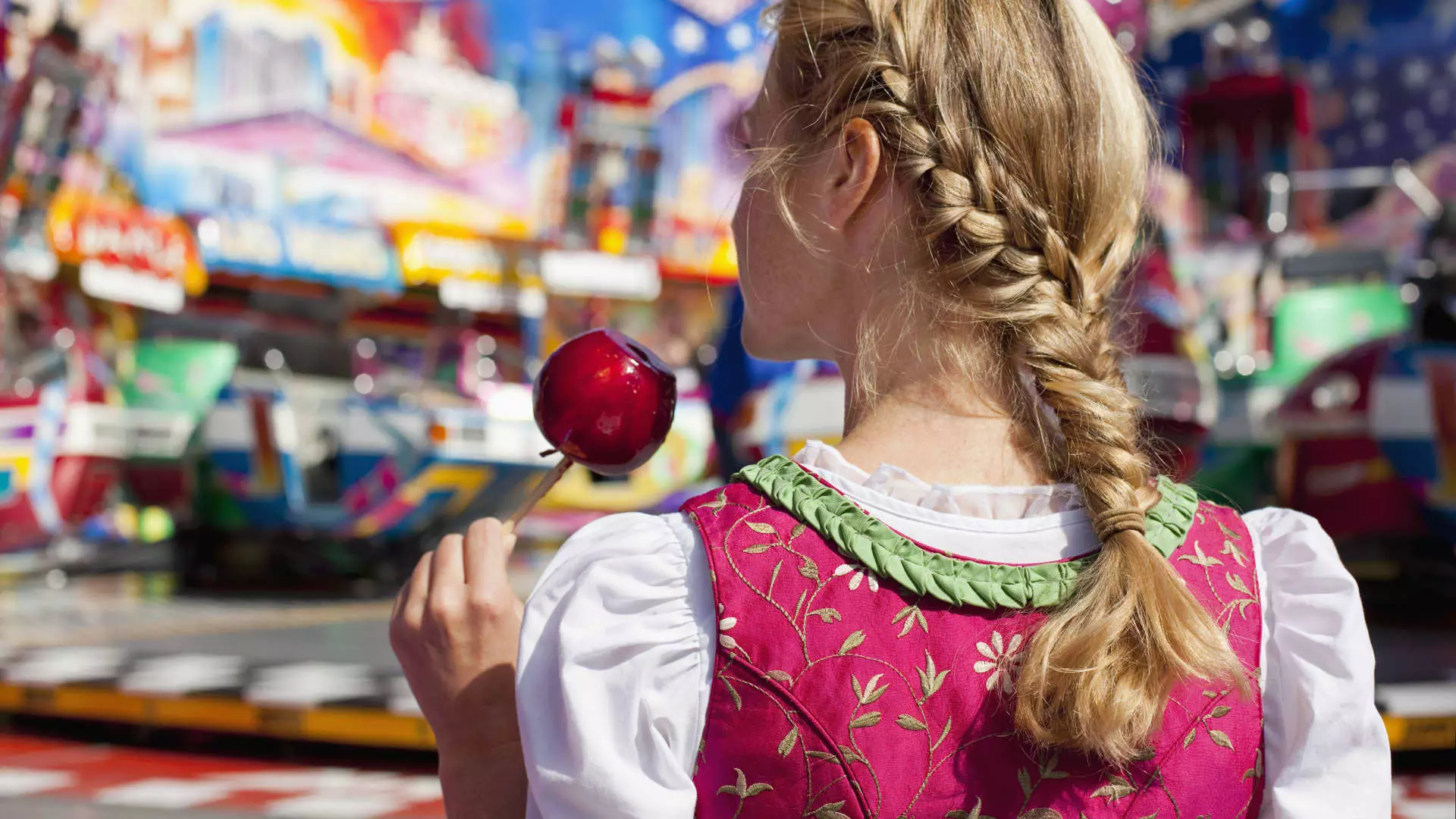Oktoberfest, the iconic festival celebrated in various corners of the world, finds its most vibrant expression in Munich, Germany. Each year, around six million people flock to this Bavarian capital to partake in a unique celebration of beer, food, and camaraderie. While Oktoberfest has garnered international fame, the roots of this festivity, embedded in German culture, offer a plethora of experiences that extend far beyond mere consumption of beer. As someone who has explored the festival numerous times, I’ve gathered essential insights to enrich your experience at this memorable event.
Oktoberfest’s inception dates back to 1810, coinciding with the royal wedding of Crown Prince Ludwig to Princess Therese von Sachsen-Hildburghausen. This significant event set the groundwork for what has now transformed into one of the world’s largest folk festivals. Although the original celebration was held in October, practical considerations led the festival to shift to late September, where it blossomed into a 16-day affair. Often overshadowed by the scale of beer consumption, it is essential to acknowledge the marriage that sparked this age-old tradition.
Over the years, Oktoberfest has been synonymous with joyous gatherings, but it also encapsulates rich Bavarian customs and traditions. Visitors can admire not just the festivities but also the rich heritage of the region.
One of the most delightful aspects of Oktoberfest is its encouraging atmosphere regarding traditional attire. Visitors are warmly invited to don the Bavarian dirndl or lederhosen, though it’s critical to understand the cultural significance behind these outfits. Many people mistakenly assume that lederhosen refers to a singular type of clothing, while in fact, it’s the plural form, with “lederhose” being the singular term. This celebration promotes the preservation of Bavarian style, and embracing the local dress code becomes a cherished part of the experience.
These costumes can be found at various price points, catering to tourists and locals alike. Regardless of whether you opt for a high-quality bespoke outfit or a simple costume, participating in the tradition enhances the overall festivity. There is a unique sense of unity and shared celebration when everyone is clad in traditional attire, so don’t hesitate to join in!
Navigating the Oktoberfest grounds can be exhilarating yet overwhelming. An often-overlooked but vital aspect of this experience is the servers, who tirelessly manage multiple tables and deliver the much-anticipated “mass,” a one-liter glass vessel housing the festival’s signature beer. Interestingly, it is commonplace for servers to carry up to six masses at once, showcasing their remarkable agility and strength.
These servers wear personal clothespins, adorned with their names, engaging in a warm and heartfelt interaction with patrons. As a visitor, showing appreciation through tips not only acknowledges their hard work but strengthens this sense of community inherent in the festival. Their camaraderie reflects the true spirit of Oktoberfest, where hospitality meets tradition.
While Oktoberfest is often celebrated for its beer, it is equally a culinary fiesta. Stalls brim with delectable Bavarian delicacies, such as giant pretzels, sausages, and a variety of traditional dishes. The gastronomic offerings are rich and varied, appealing to both adventurous foodies and those craving comfort food. Whether indulging in a succulent schnitzel or sharing a plate of crispy fries, the food experience complements the festival’s atmosphere.
For those who may not be inclined towards alcoholic beverages, Oktoberfest provides a range of options, including refreshing Apfelschorle, alcohol-free beer, and nourishing soft drinks. This diversity ensures all attendees can find something that suits their taste buds, contributing to the inclusivity that Oktoberfest embodies.
Though the festival itself is alluring, its setting in Munich offers numerous opportunities for exploration. Close to Theresienwiese, where Oktoberfest takes place, are historical sites like Sendlinger Tor and Viktualienmarkt, offering a glimpse into the rich history of Munich. The picturesque old town is not far, featuring the grandeur of the Residenz Palace and the world-renowned Hofbräuhaus.
For those craving adventure outside the city, the fairy-tale Neuschwanstein Castle is a mere 90-minute drive away, while the beautiful landscapes of Salzburg lie just a short train journey away. Nature enthusiasts can revel in the serene beauty of Lake Starnberg, surrounded by the majestic Alps, creating a well-rounded Bavarian experience.
For those unable to travel to Munich, fear not! Oktoberfest-inspired celebrations occur globally, from Hong Kong’s Marco Polo German Bierfest to Cincinnati, Ohio’s lively gatherings. Each destination puts its spin on the festivity while embracing Bavarian culture.
Ultimately, Oktoberfest encapsulates an immersive experience that celebrates not just beer and food, but also community, culture, and history. Whether in the heart of Munich or across the globe, joining in the revelry of Oktoberfest is a chance to partake in a joyful tradition that continues to unite people from all walks of life.

